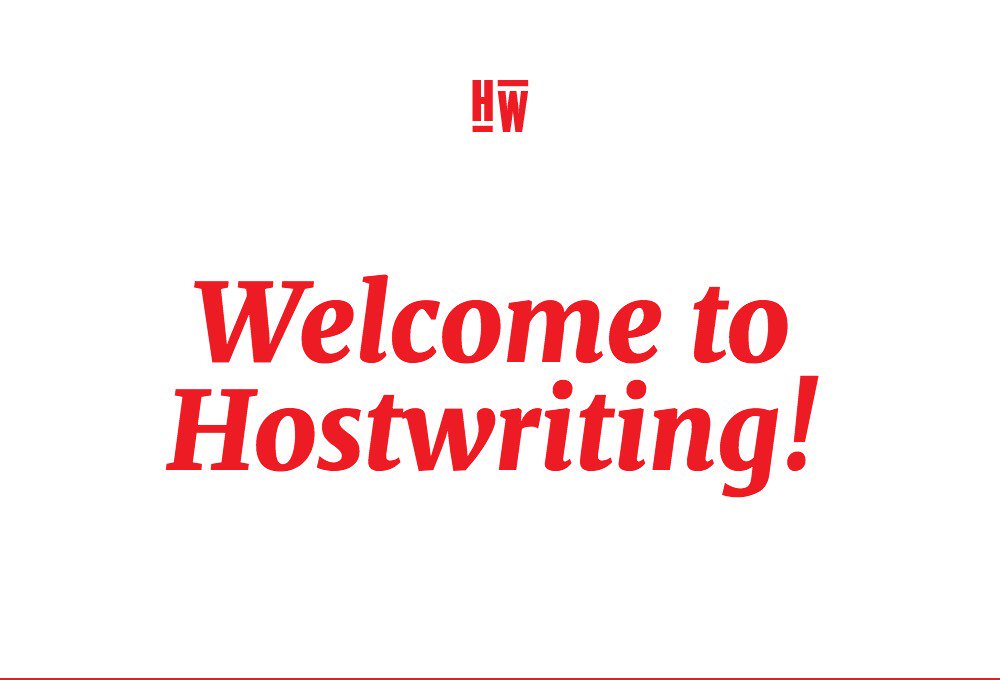In 2017, I played a lot of board games in person, and online, with @boardgamearena. My favorites: Codenames, Noir, Outlaws, Secret Moon, Pandemic (especially Legacy), Quantum, + an old favorite, chess.
I used to think playing games was: wasted time, guilty pleasure. Now I let myself enjoy them, + I also think there are benefits. @soryuforall says sports are life minus everything important. You can mess up + experiment. Even if you lose, you learn. Same is true w/ games.
• • •
Missing some Tweet in this thread? You can try to
force a refresh







